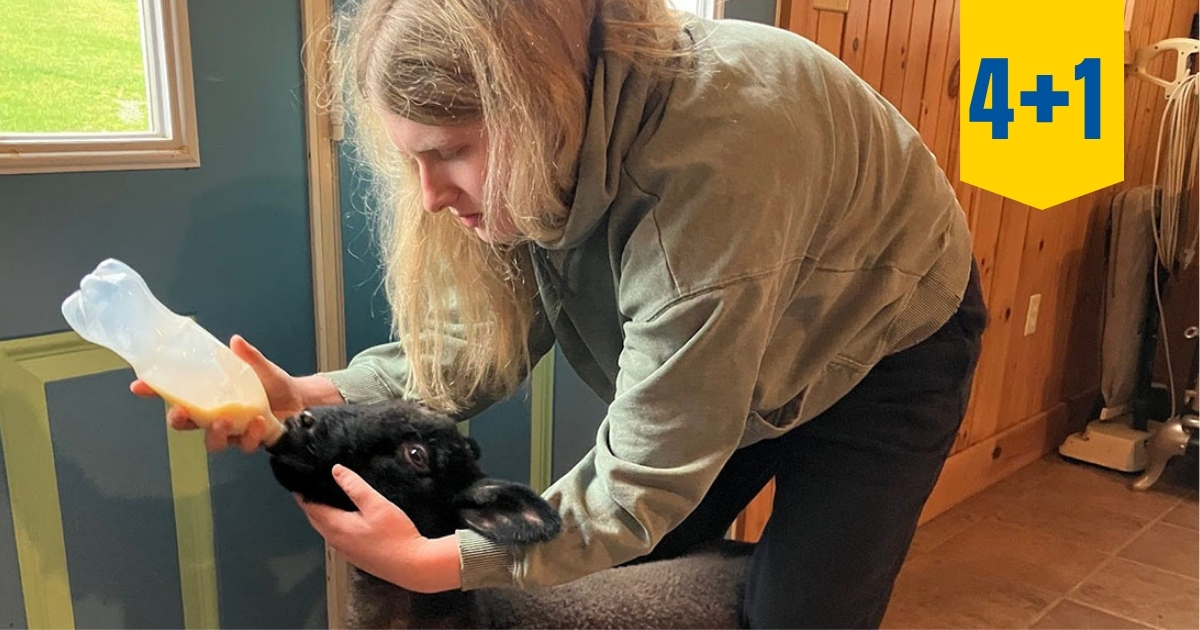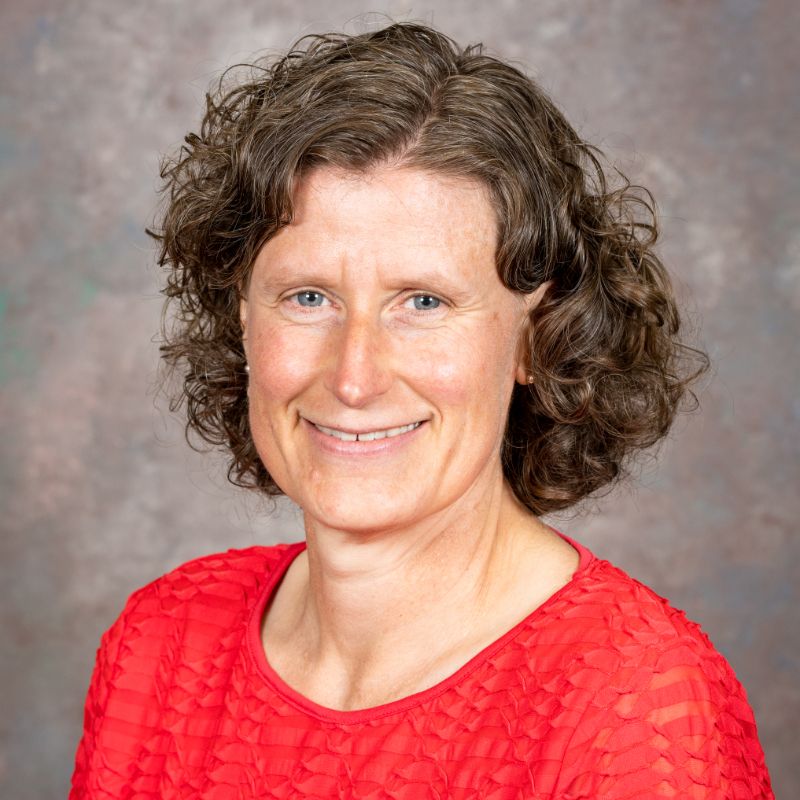
Animal Health 4+1 (BS/MS)

Animal Health 4+1 (BS/MS)
The animal health industry works to ensure safety, performance, and wellbeing of companion and farm animals. As you pursue an undergraduate degree in an animal science field, you will work to gain knowledge and skills related to animal health and management. The master’s degree will help you develop the necessary skills to continue on to veterinary school or to enter the workforce.
Our animal health (4+1) program offers you an opportunity to earn a master’s degree in just one year after you earn your bachelor’s degree. The fundamental undergraduate component delivers comprehensive, hands-on training in animal science. The accelerated graduate year is meticulously structured with rigorous advanced coursework, specialized technical and practical training, and hands-on research experience to provide an in-depth and practical understanding of animal health..
Graduates will possess the tools, skills, and specialized experience necessary to launch a successful career or to continue advanced education, including veterinary school.
How this program works
You will join the University of Delaware as an undergraduate student in a B.S. program in Animal Biosciences, Animal Science, or Pre-Veterinary Medicine. Once you have earned at least 60 credits (i.e., junior standing) you may apply to the +1 component, the Animal Health MS program.
Admission decisions are made by the department’s graduate committee and require a minimum GPA of 3.0, although students who do not meet this GPA criteria may still be considered upon recommendation of their advisor. Up to seven credits of graduate coursework (600 level and above) may be applied toward satisfying the requirements of both degrees. It is recommended that three of these credits be ANFS 675, veterinary biochemistry.
What makes our program unique?
You will have a dedicated faculty advisor throughout the 4+1 program. During the graduate year, you will work with your advisor to plan coursework based on your interests. The curricular plan will include three courses (9 credits) related to host-pathogen interactions, two courses (6 credits) in nutrition and immunology, and one course (3 credits) in research training and data analysis.
You will complete three technical and practical training courses (9 credits) to develop real-world skills, such as flow cytometry, cell and tissue culture, and bioinformatics, that will be invaluable in both clinical and research settings. You will also conduct a 3-credit research experience where you will gain valuable laboratory and scientific skills working on an animal science project with a faculty member.
Course highlights
This course will dive into topics and concepts related to One Health — a concept connecting people’s health to animal health and various ecosystems. The topics covered will focus on contemporary issues at the time the course is taught.
You will take on a comparative study of domestic animals’ immune responses. Dogs, cats, horses, pigs, and chickens will be some of the animals analyzed during this course. Topics covered include ontogeny of the immune system, reproductive immunity, neonatal immunity, immunodeficiencies and autoimmunity.
Comparative Histopathology examines the light and electron microscopic forms of normal and diseased cells, tissues, and organ systems. The course, taught by a board-certified veterinary pathologist, combines lectures and laboratories to develop student expertise in the identification of tissues and lesions.
Articles/alumni stories
Contact us
Tanya Gressley
Associate Dean, Graduate Programs
Office location:
531 S. College Avenue
032 Townsend Hall
Newark, DE 19716
What is a 4+1?
Our accelerated degree (4+1) programs enable students to apply for a graduate program as early as their junior year of undergraduate study.
If granted acceptance, students will take 6 to 8 credits of graduate-level courses during the final year of their undergraduate program. Because these credits can be dual-counted toward both the bachelor’s and master’s degree programs, students can complete both their undergraduate and graduate degrees in only one additional year—or five years total.

